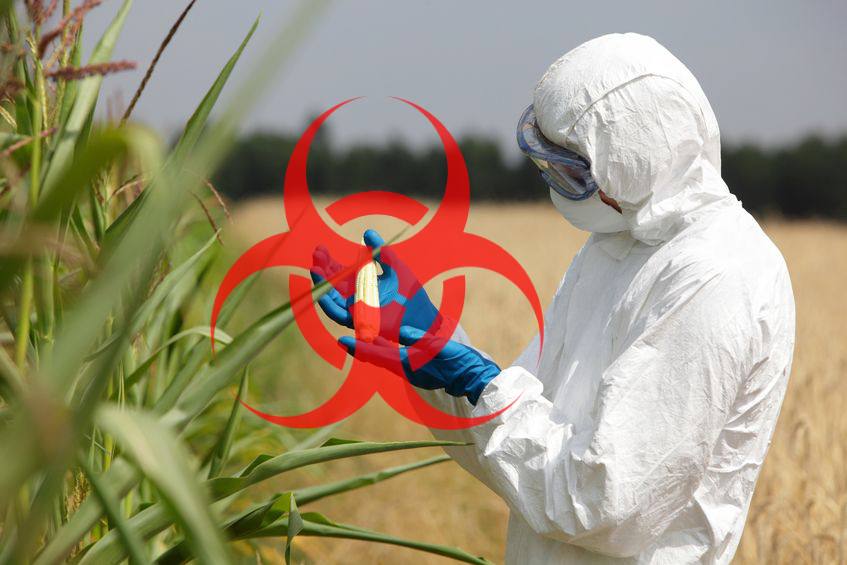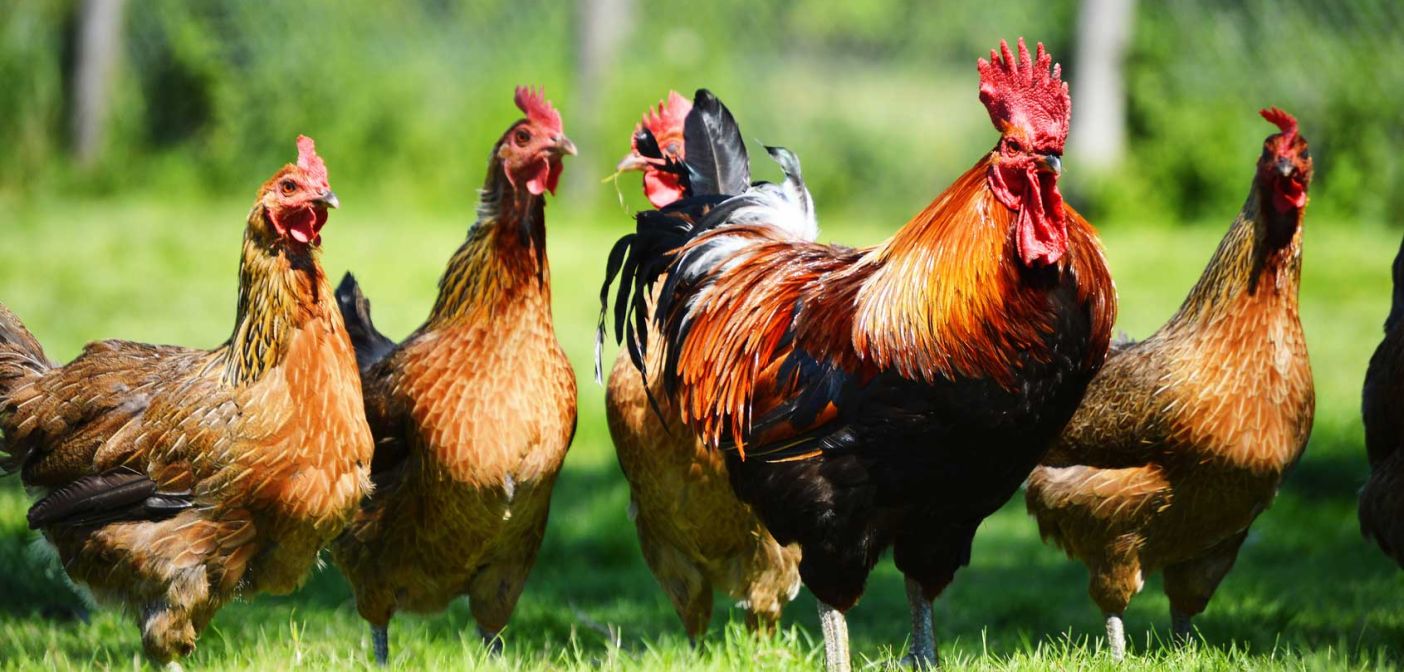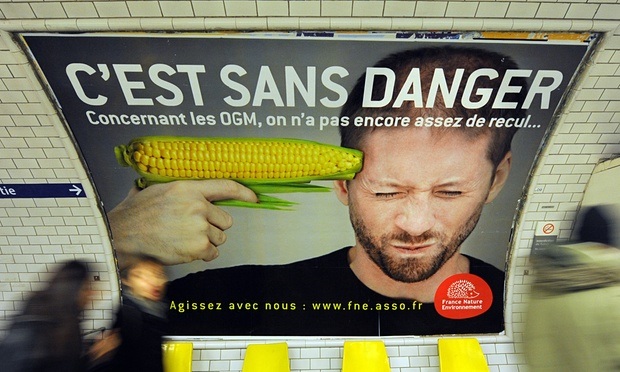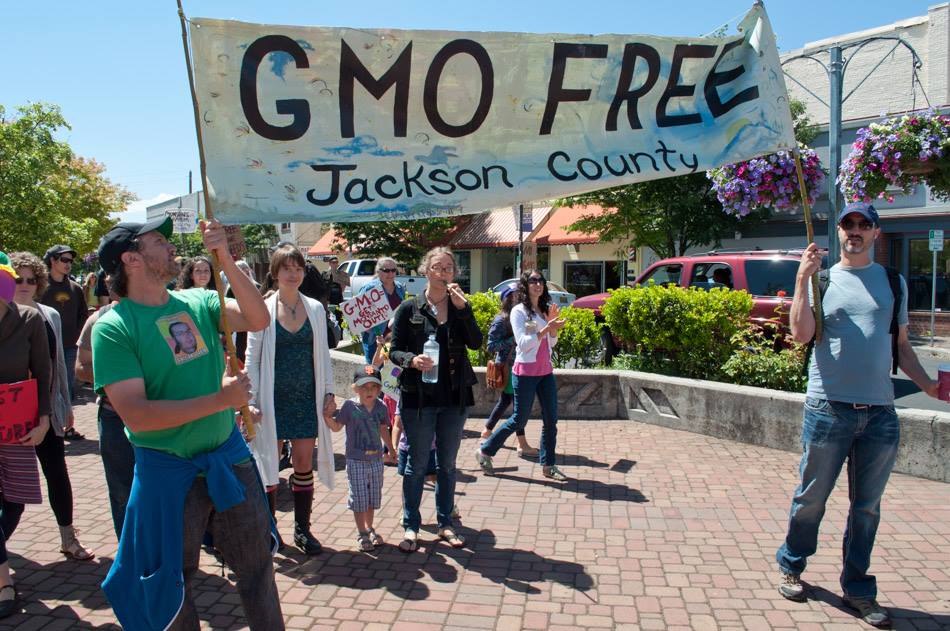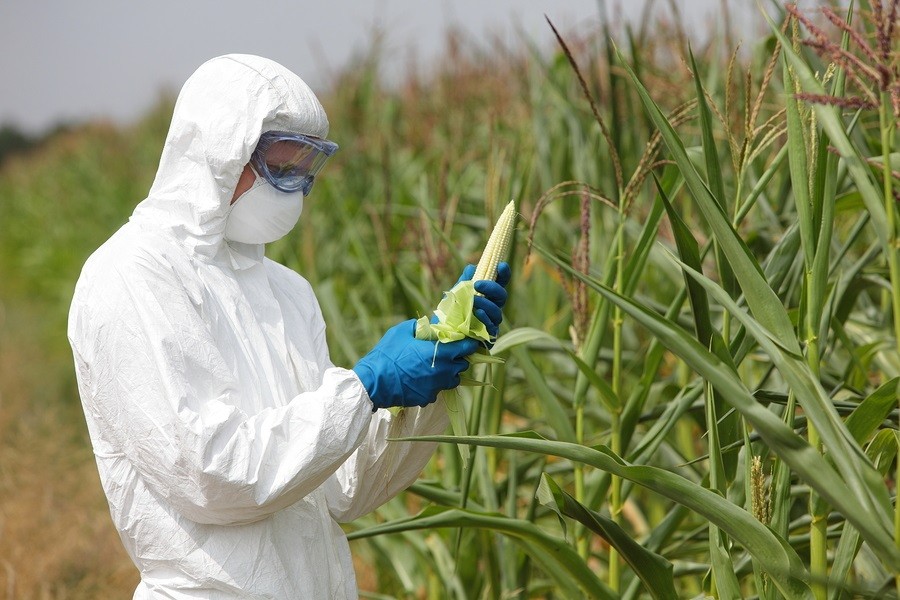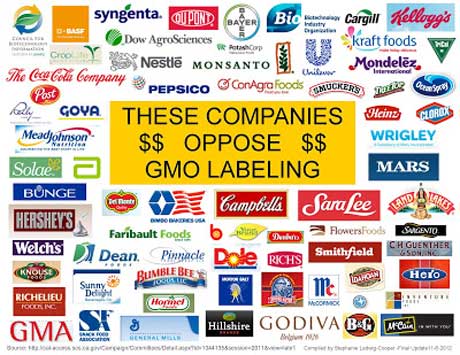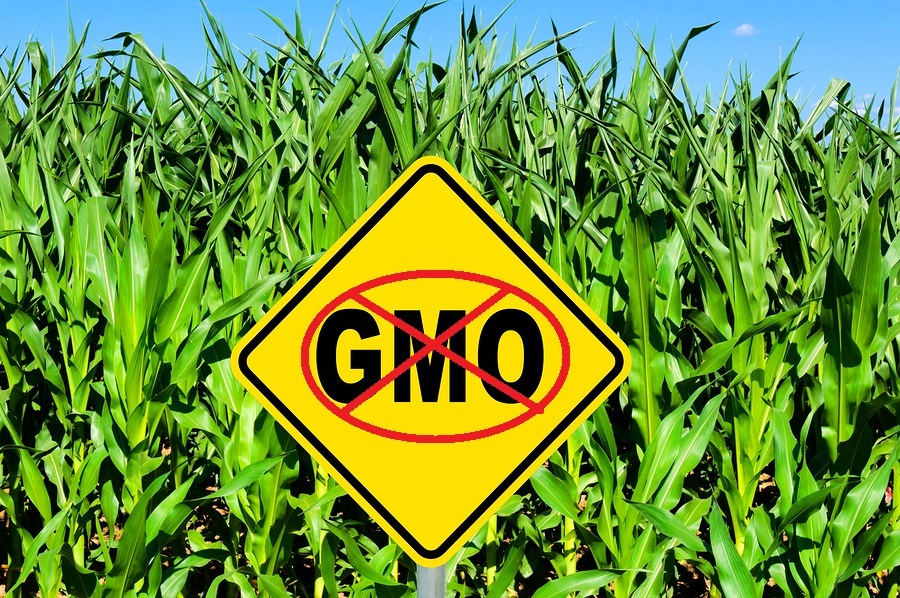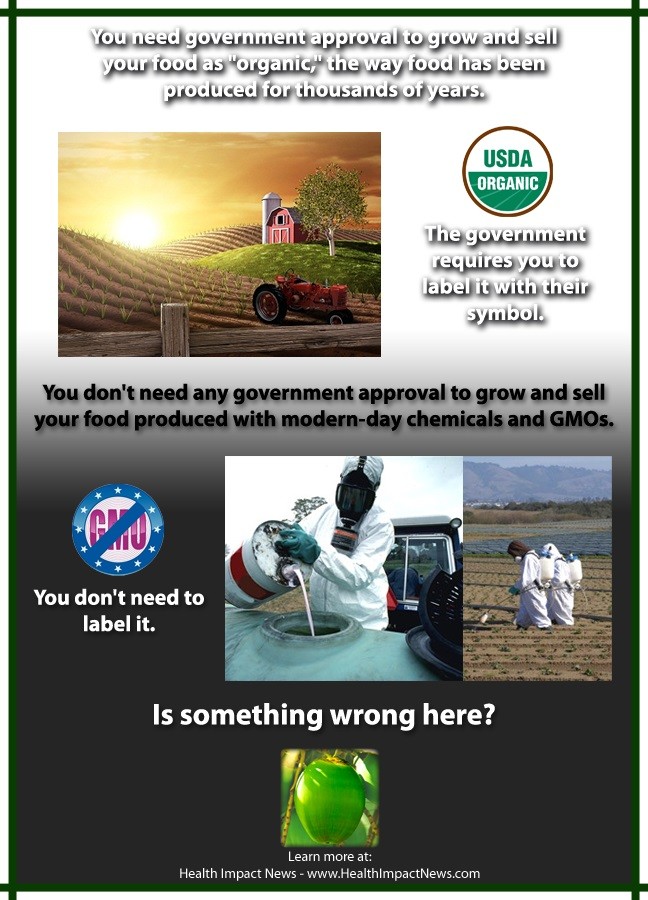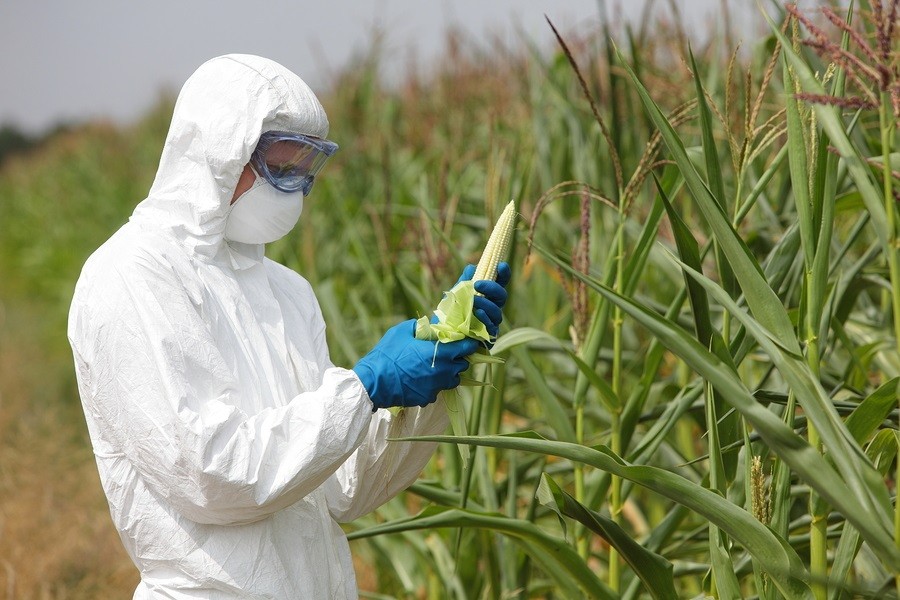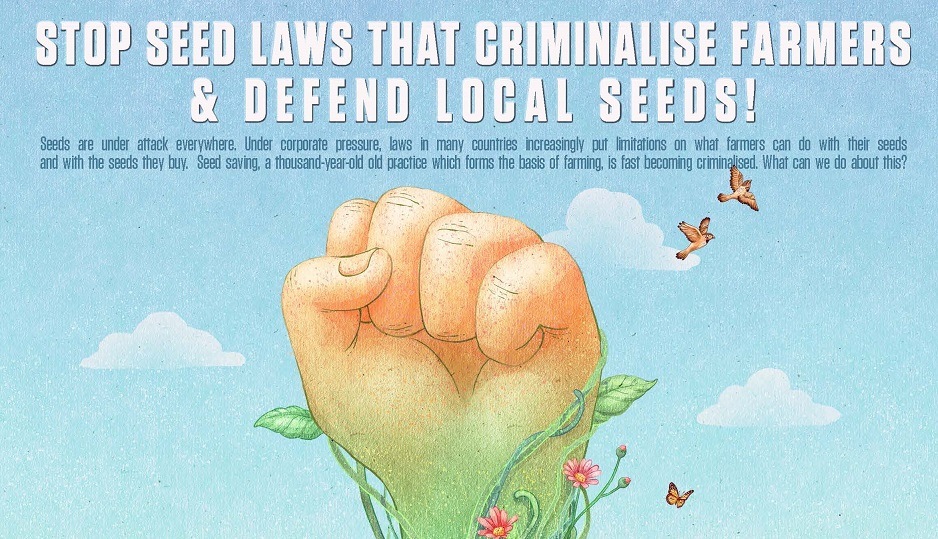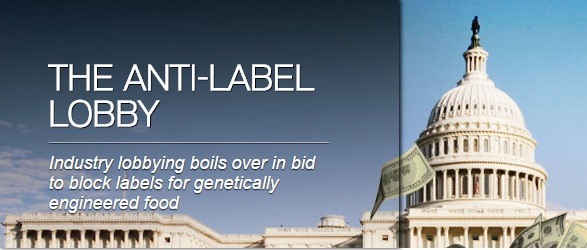Bananas as We Know Them May Be Disappearing – The Push for GMO Bananas
They’re being decimated by an incurable fungus. Some scientists think they have an answer—genetic engineering—but will it be tasteless “frankenfruit”? When most people speak of bananas, they’re thinking of a single variety—the yellow Cavendish banana found in almost all grocery stores. But the popularity of this banana has made it susceptible to a fungal disease known as Tropical Race 4 (TR4), which is quickly spreading across the globe and is likely to hit South America, where 80% of Cavendish bananas are grown. The effort to quarantine fungus-ridden plants has largely failed, so researchers are exploring other options. Fortunately, other banana varieties still exist and are often much more flavorful than the Cavendish. Keep in mind also that in nature, flavor is often closely associated with nutritional value. It is no coincidence that the Cavendish, selected for ease of transport and sale, not taste, is often both tasteless and low in nutrition.





